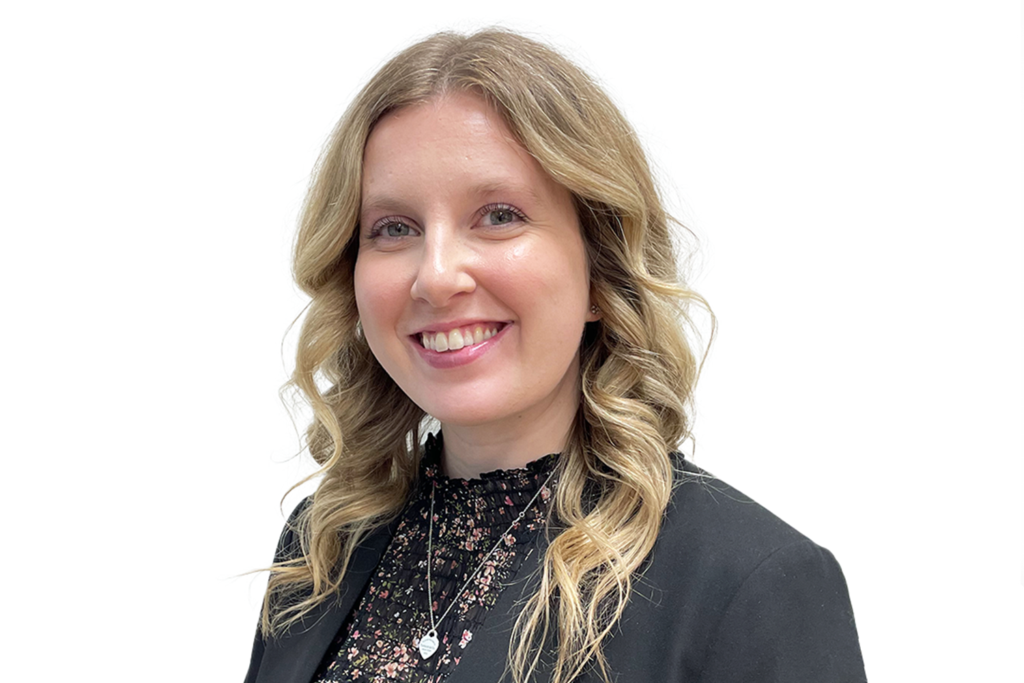Paul Wild and Holly Cullen consider options as to what happens when your family is going through any form of relationship breakdown, such as a separation or divorce, and where there may be a breakdown in communication, and therefore you may find it beneficial to seek professional support. Both family mediation and family therapy can be beneficial ways to regain and promote positive communications. They are both voluntary processes, so they are dependent on the willingness of both parties to participate. However, if going down the route of a court application, the court does require you to have attempted mediation by at least attending a Mediation Information and Assessment meeting (MIAM). Please see a separate article on our website that sheds more light on the MIAM process.
You can attend both family therapy and family mediation, but it may be beneficial to know more information about both to pick the route that is best for you in the first instance.
What are the purposes and goals of family therapy and mediation?
The purpose of both family therapy and family mediation can be to improve communication between the parties and to potentially create a more amicable and less hostile relationship.
Family mediation is a conflict-resolution process designed to help families reach agreements, typically around practical issues such as separation, divorce, child arrangements, financial arrangements, or property division. The aim of mediation is more surrounding practical resolution rather than emotional healing. Family mediation is commonly used in situations where couples are separating or divorcing and need to make decisions regarding co-parenting or asset division and they are trying to reach these agreements outside of court.
Paul Wild at Herrington Carmichael is a trained mediator within excess of 15 years of mediation experience.
Family therapy is a form of psychotherapy that is aimed at improving emotional understanding, communication challenges, strengthening relationships and much more within a family unit and will likely promote long term emotional health and relationship wellbeing. It may delve deeper in to the emotional dynamics, methods of communication and other psychological issues.
Professionals involved
Family mediators may often be trained in law or social work. Many hold certifications in mediation and may not have a background in mental health work. Mediators are neutral third parties who do not offer legal advice or psychological counselling, but instead assist in guiding discussions and helping and supporting participants find mutually agreeable solutions.
Family therapists are mental health professionals. They are trained in working with families and they use psychotherapeutic approaches to help people change the way they think and behave or find better ways to cope.
Emotional vs practical focus
Family mediation may remain more surface level with regards to emotional issues and instead take a more practical approach. However, the process importantly enables both parties to be actively involved in matters relating to them and their families, and to provide solutions to the difficulties and challenges that they might be facing.
In addition, some mediators can also offer the option of child mediation, which is where the parents both agree and consent for the mediator to speak to their relevant children, to obtain the child’s perspective, views and impacts. With the child’s permission, those views can then be communicated back to the parents – this will often be around particular arrangements.
Family therapy is likely to dig more into the emotional dynamics of the situation and may look at the emotional causes of any conflict.
Family Mediation vs Family Therapy: What is right for you?
Ultimately, these two areas can often complement each other, with different focuses for the parties involved. Whether you choose to try family therapy, family mediation or both, might all depend on your individual situation and the outcome you are aiming to achieve.
If you have any questions regarding the mediation, please do contact the family team and in particular, Paul Wild. Our experienced family law team and specialist lawyers can provide the guidance you need as to both law and process regarding the breakdown of your relationship.









